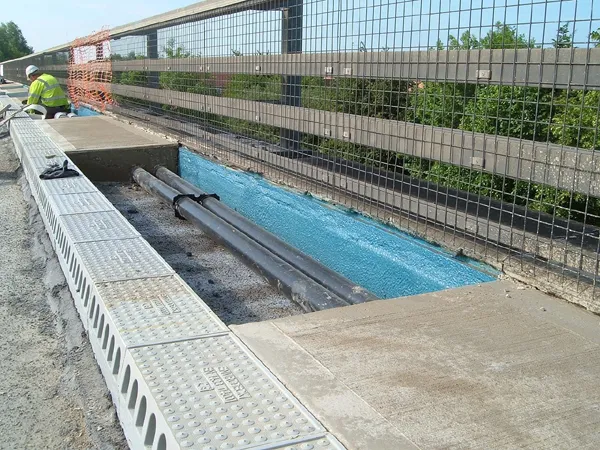The Tavrida Federal highway that will connect with the Kerch Strait Bridge in Russia has a projected cost of US$2.92 billion. The road will run through Kerch, Feodosia, Simferopol, Bakhchisarai, and Sevastopol and will measure 277km long. The project is being handled by contractor VAD Company.
October 13, 2017
Read time: 1 min
The Tavrida Federal highway that will connect with the Kerch Strait Bridge in Russia has a projected cost of US$2.92 billion. The road will run through Kerch, Feodosia, Simferopol, Bakhchisarai, and Sevastopol and will measure 277km long. The project is being handled by contractor VAD Company.







